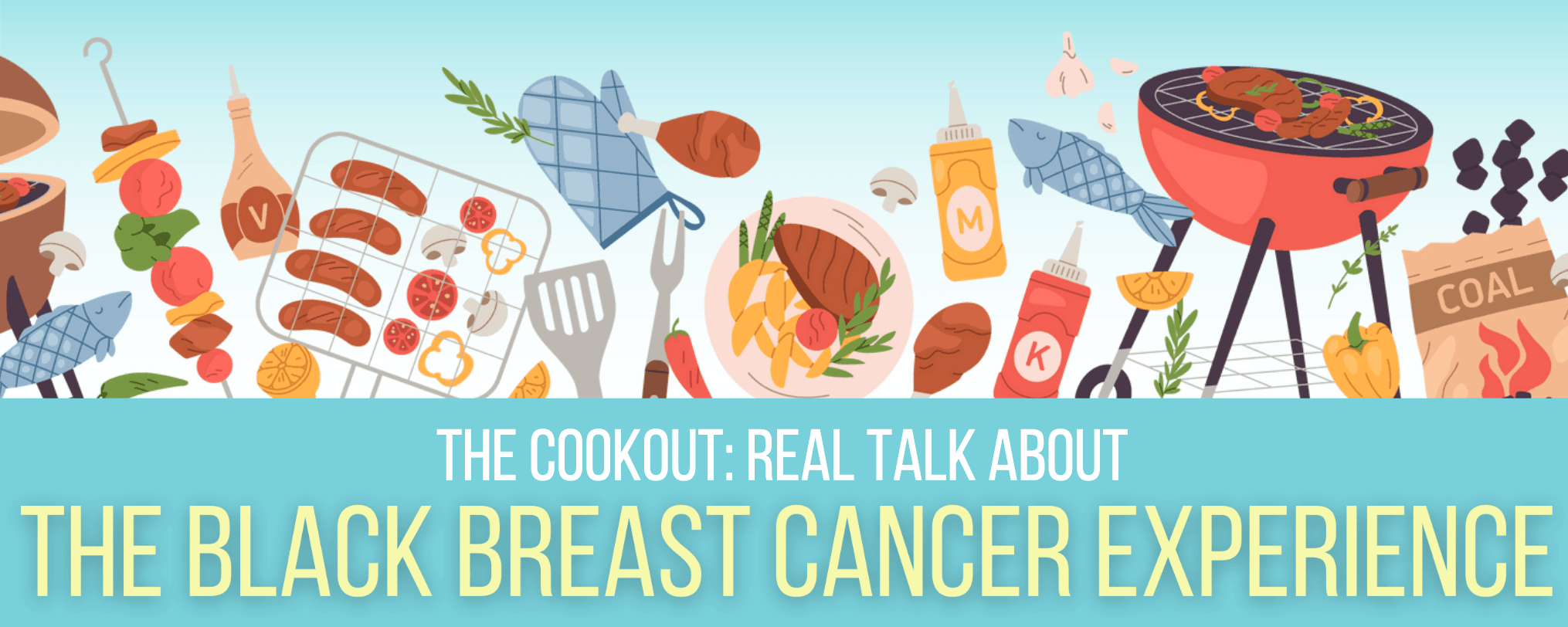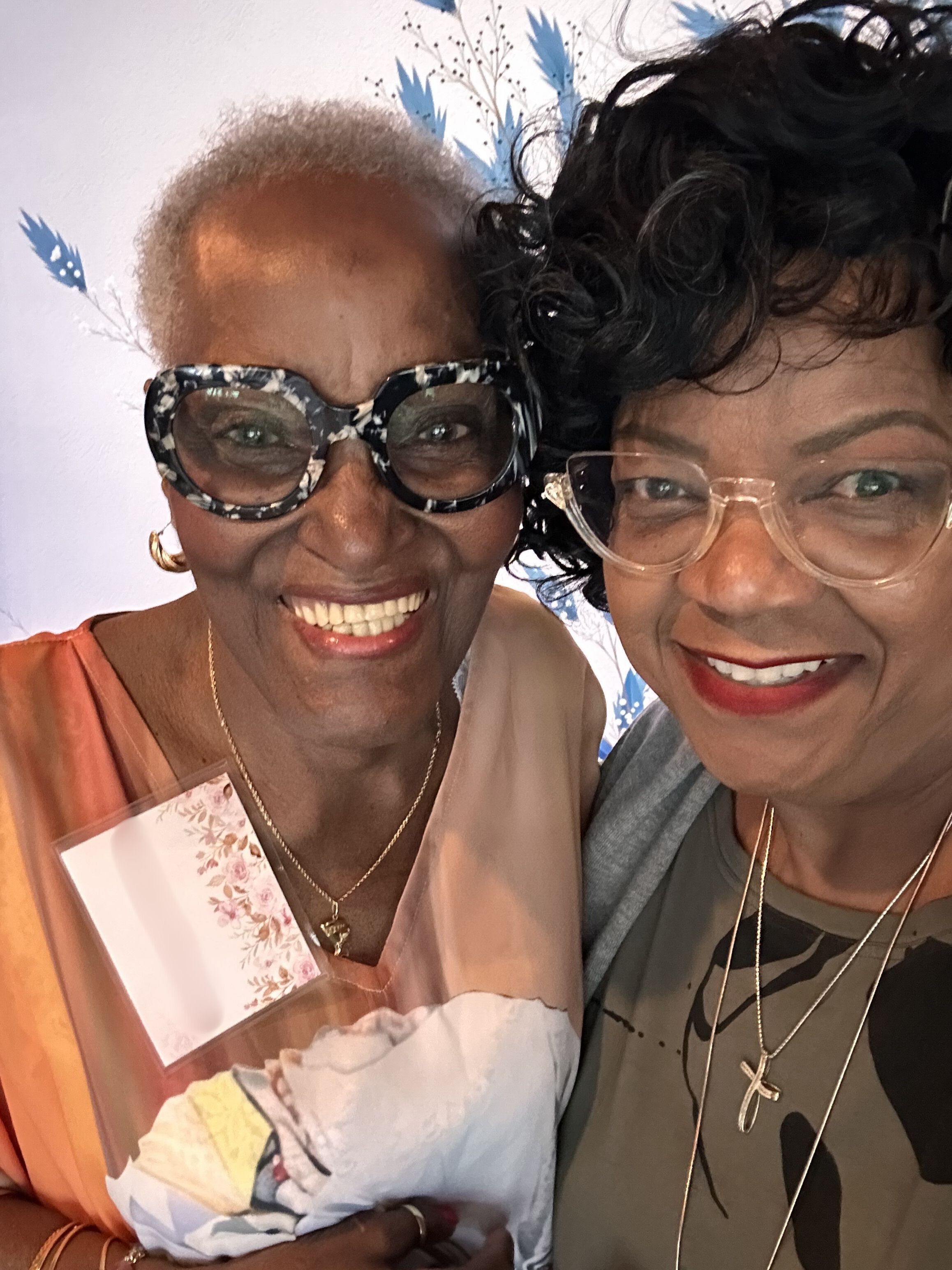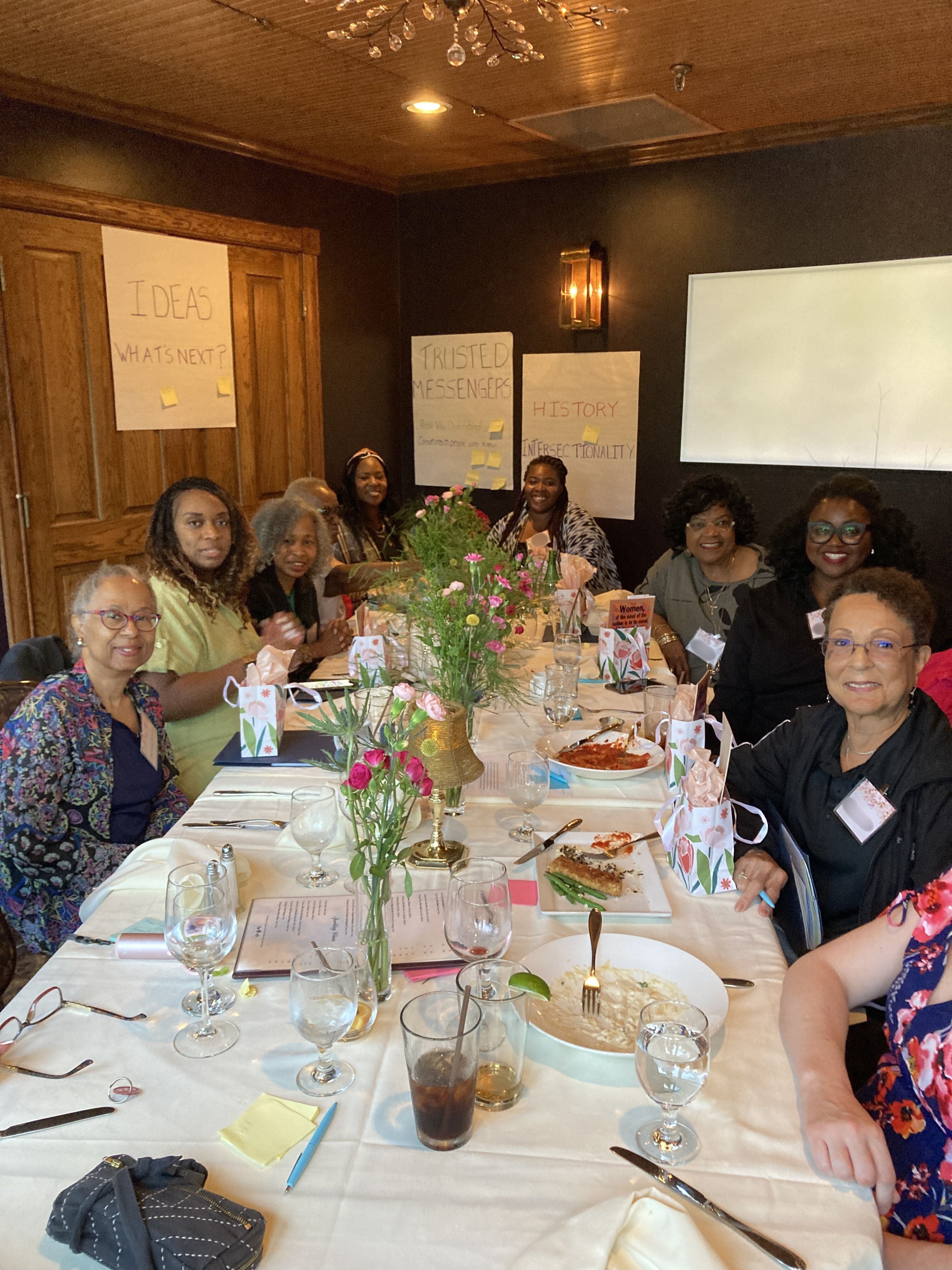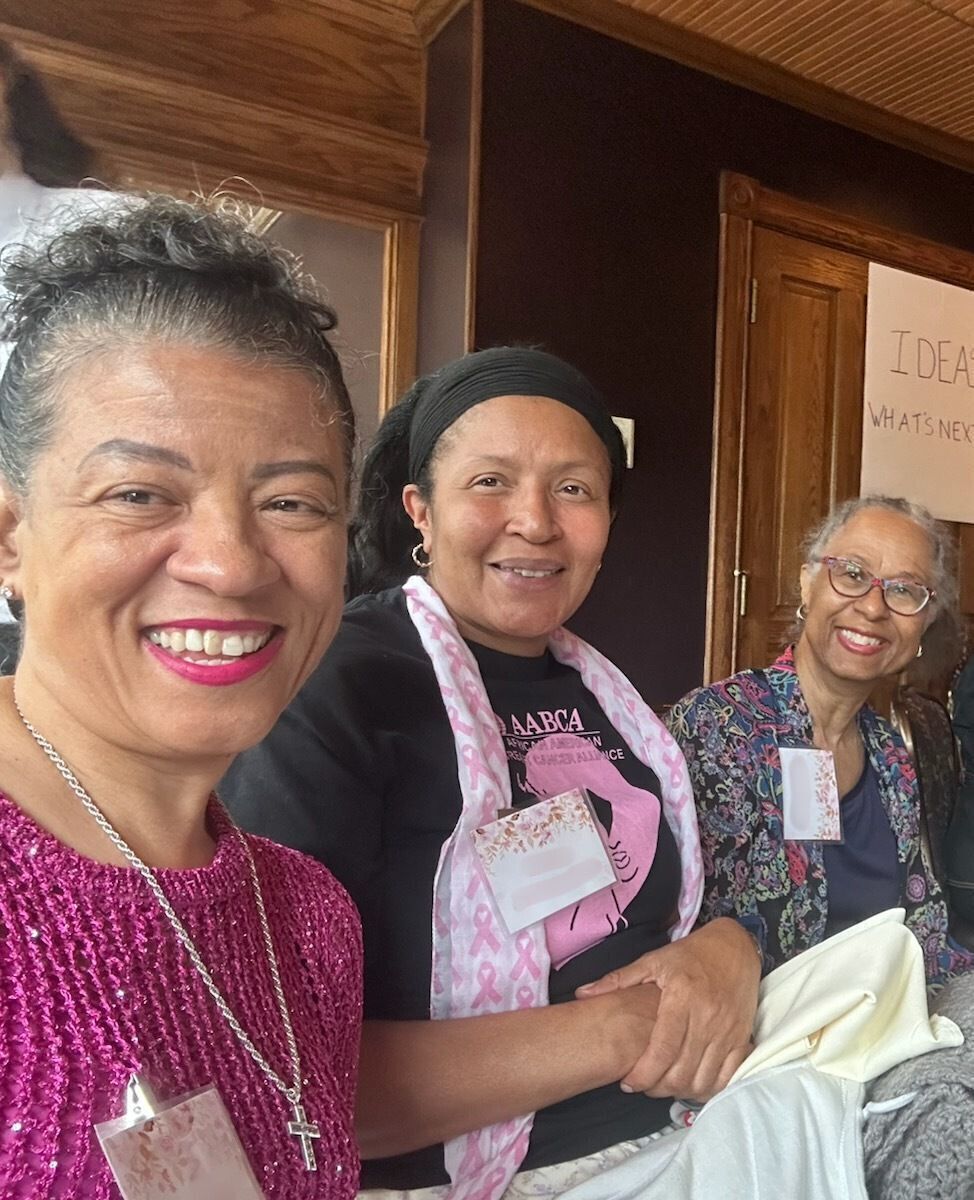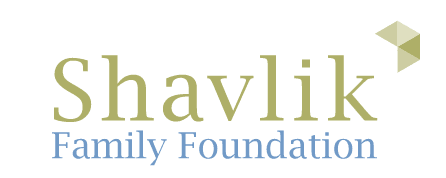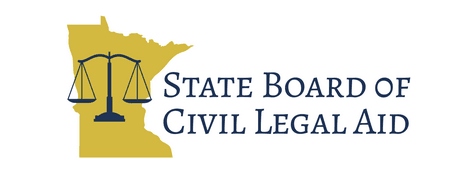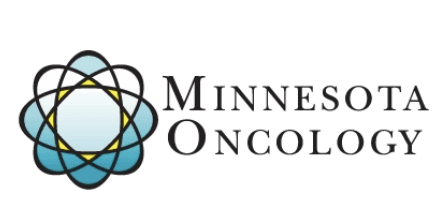Cancer Legal Care joined forces with LaShaune P. Johnson, PhD , a three time cancer survivor, to better understand Black family breast cancer journeys. In our ongoing efforts to support more inclusive practices in our work, we are starting a series of exploratory conversations about the relationship that medical legal partnerships such as CLC have in the lived experiences of Black families and communities. We called the series of conversations and convenings "The Cookout".
For hundreds of years, Black communities have relied on our own resourcefulness and wisdom to confront cancer when it hits home. Yet, according to the American Cancer Society, "For most types of cancer, Black people have the highest death rate and shortest survival of any racial/ethnic group in the United States." There has to be a way to better serve our community– and it starts by understanding our cancer journeys through medical, legal and social systems.
-
the breast cancer mortality rate for Black women is 38% higher than for white women
38%
-
Median age at diagnosis of Black women compared to 64 years old for white women
60
-
Black women have incident rates of triple negative breast cancer 2 to 3 times those in all other women
2x
The statistics above are reflected in study after study. With funding from the American Cancer Society's Addressing Barriers to Care grant, Cancer Legal Care was able to engage in deep conversation with Black breast cancer survivors and learn. Learn about their experiences as patients, as survivors, and as caregivers, and learn what we can do to increase access to our services.
There were two overarching themes that emerged from these conversations:
The first theme is that most African American women indicated that they rely on a set of trusted friends, family, and institutions to help them navigate their cancer journey—many of the friends and family were connected to community/cultural organizations like churches, sorority groups, neighborhood associations, African-American support groups, and professional organizations. Partnering with these important and trusted people and institutions is vital.
The second theme and opportunity, which is connected to the first, is the importance of racial concordance and/or disease concordance. While it may not be possible to have all CLC staff be of the same racial/ethnic background of a potential client, a goal could be to train a cadre of community ambassadors from the aforementioned community groups who felt confident to explain the value of medical legal partnerships and to help walk a potential client through what the overall process is about.
We celebrated! Big thanks to the wonderful women of The Cookout!
Commitment to The Cookout
Cancer Legal Care is committed to The Cookout– both the people who generously shared their experiences and ideas and putting those ideas to work to reduce barriers and increase access to our work.
We are grateful to our longtime friends at the African American Breast Cancer Alliance and Breast Cancer Gaps Project for their trust and partnership as we continue to create opportunities to work together, and are delighted by our new relationships with the Flow Foundation and Making Strides Against Breast Cancer Pink Fashion Show that have grown out of the Cookout energy.


